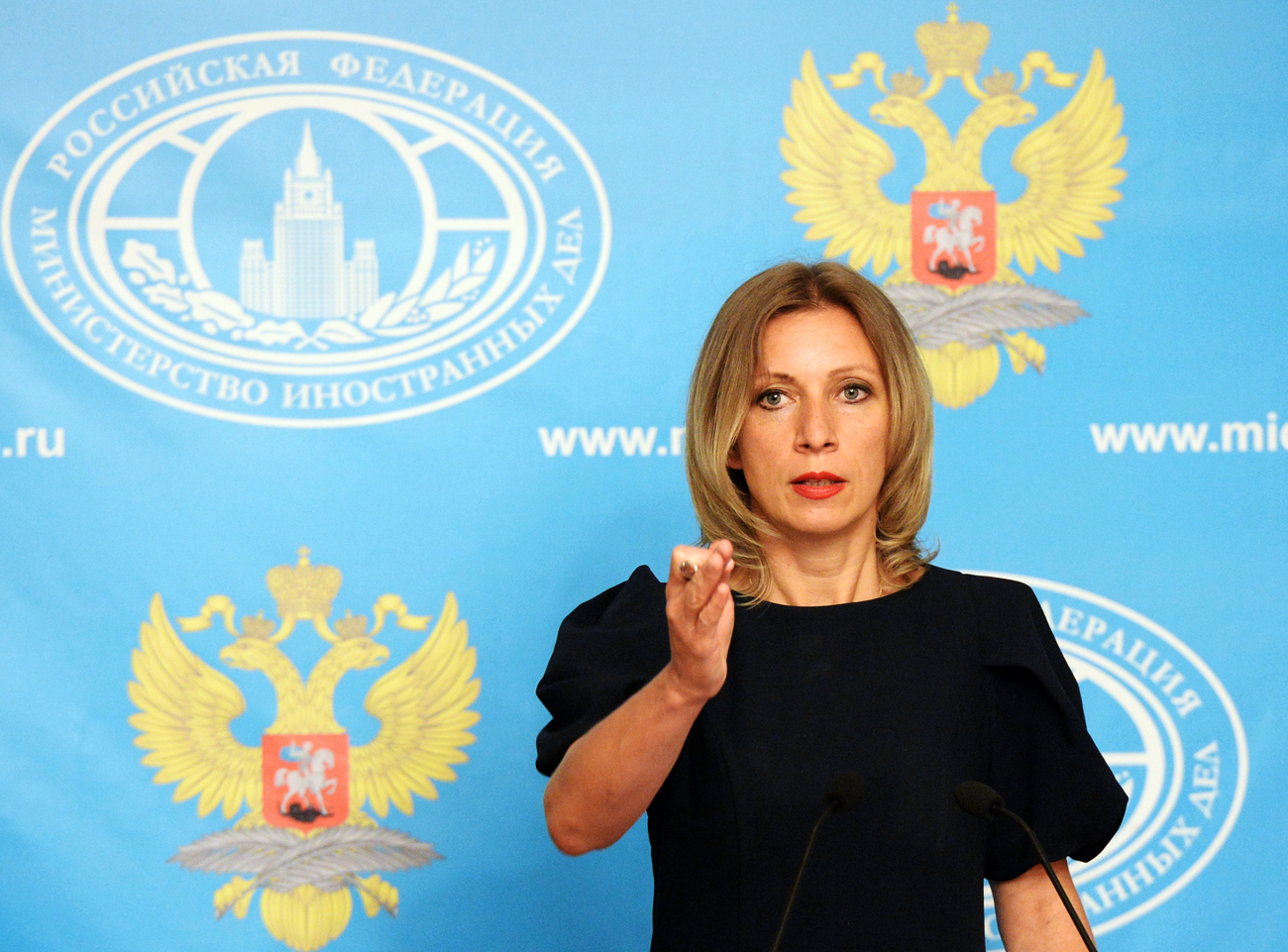Will Russia deport civil liberties activist, Edward Snowden, to the U.S.?

Edward Snowden speaks via video link during a news conference in New York City, U.S. Sept. 14, 2016
ReutersThe fate of Edward Snowden, the former U.S. intelligence officer, was not discussed during Moscow’s first contact with the new U.S. administration, said Kremlin press secretary Dmitry Peskov on Feb. 13. He added that Russian authorities had no opinion “whatsoever” as to whether to grant Snowden Russian citizenship, or extradite him to the U.S. “This issue is currently not at all on the bilateral agenda,” said Peskov.
Anatoly Kucherena, Snowden’s lawyer, sees no grounds for extraditing his client to the U.S. He dismissed reports of plans for Snowden’s extradition, calling it speculation “coming from so-called U.S. intelligence sources.”
People are not pawns
Kucherena pointed out that Snowden has a Russian residence permit and abides by all local laws. If he wishes, he can apply for Russian citizenship in the next couple of years; to be eligible an applicant must live in the country for at least five years.
“Under the Obama administration, attempts were frequently made to drag Russia into something murky, but allow me to remind you, Russia does not trade in people’s rights and freedoms; so let it be on the conscience of those who leak reports like these,” said Kucherena, adding that, “on no level – either economic or political – can the issue of Snowden be a bargaining chip.”
On Feb. 10, NBC TV reported that U.S. intelligence services had obtained information suggesting that Russian secret services were considering extraditing Snowden to the U.S. as “a gift” for President Trump.
Snowden said the NBC report was proof that he had never cooperated with Russia’s Federal Security Service (FSB) because that spy agency would never surrender one of its agents.
Finally: irrefutable evidence that I never cooperated with Russian intel. No country trades away spies, as the rest would fear they're next. https://t.co/YONqZ1gYqm
— Edward Snowden (@Snowden) 10 February 2017
Russia’s strong hand
Sergei Sudakov, a professor at the Academy of Military Sciences and an expert in American Studies, sees the Snowden case as an issue where Russia can have a dialogue with Trump. He said U.S. intelligence agencies, including the NSA, are constantly modernizing their cyber capabilities, so most everything that Snowden took from its depths is now probably outdated.
“Largely speaking, Snowden means nothing to Russia now, and the country is preoccupied with its main global interests,” said Sudakov.
If Russia decides to extradite Snowden as a gesture of goodwill, it will need to do so in such a way as to maximize benefits.
"Trump can try to outmaneuver Russia, to get Snowden back from us and show what a cool guy he is – how he managed to do something Barack Obama failed to do,” continued Sudakov. “And in that case Trump might just thank Russia for Snowden’s extradition and leave it at that, promising to lift the sanctions only after Crimea is restored to Ukraine."
Sudakov advised that Russia should at least demand from Trump that he immediately lift those sanctions that can be lifted by presidential order.
"These are two acts of goodwill - from our administration, and from the Trump administration - and Trump understands that it would be very symbolic to get Snowden,’’ said Sudakov. "If we weigh the lifting of sanctions and Snowden’s extradition, the latter is far more advantageous for Trump. So, it should be understood that Russia has a strong hand, but it should play its cards with much skill.”
In 2013, Snowden leaked to major media classified NSA information relating to a U.S.-run illegal surveillance program. The U.S. charged Snowden with espionage and theft of state property. The former NSA employee fled the U.S. to Hong Kong, and then to Russia, where he received temporary asylum in 2013, and then a residence permit, which was recently extended to 2020.
First published in Russian by Vzglyad.
If using any of Russia Beyond's content, partly or in full, always provide an active hyperlink to the original material.
Subscribe
to our newsletter!
Get the week's best stories straight to your inbox
